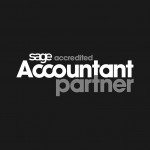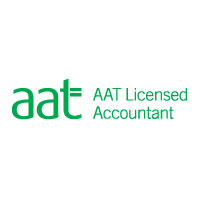VAT – how this can affect your cash-flow
Paying VAT should never reduce your business profits as you are acting as an unpaid tax collector for HMRC: the VAT added to your sales (less any VAT paid on your purchases) is simply collected from your customers (less amounts paid to suppliers) and the difference paid to HMRC.
But if my customers are registered for VAT can’t they claim this VAT back?
And therefore, isn’t this whole process a waste of time?
A good point, but eventually, supplies will be made to someone who is not VAT registered and at that point any VAT paid is a tax charge.
The expression “ Value Added” is just that; if you add value to a bought-in item or service, by subjecting it to a manufacturing or other process that adds value to this cost before it is sold, then the increase in the value you have added is subject to VAT. At some point in the supply chain, these goods or services will be sold to someone who cannot reclaim the VAT charged to them and HMRC will retain the VAT charged and paid to them by the last supplier in the chain.
But what if I must pay VAT before my customers have paid me?
This is an undesirable outcome, and for smaller businesses there is a remedy. You can register for the Cash Accounting Scheme (CAS). If you qualify for the CAS, instead of paying HMRC the VAT added to your sales (less VAT invoiced by suppliers), you instead pay HMRC the net VAT collected during each reporting period.
In this way, the CAS will protect your cash flow. Under current rules, the CAS is only available to businesses whose annual turnover is below £1.35m.
The CAS will not usually benefit traders who operate on a cash basis – retailers for example – or traders who are efficient at collecting amounts invoiced from customers. If you want to see if the CAS may be available and beneficial for your company, please call so that we can organise a review for you.
All news
 Dawn Johnson is licensed and regulated by AAT under licence number 126542.
Dawn Johnson is licensed and regulated by AAT under licence number 126542.
